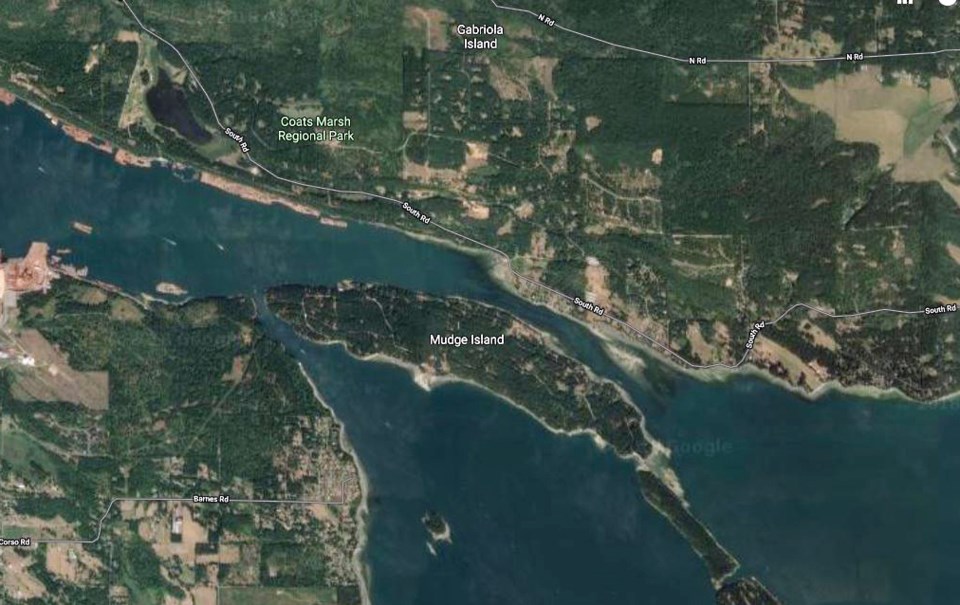A judge has upheld the ancient common law right of a Burnaby couple to protect their Mudge Island property from the “inroads of the sea” with a concrete seawall, but other structures on the property will have to go, as per local bylaws.
Joaquim and Olinda Fonseca, a retired Burnaby couple, built a house on Mudge, a small island located between Gabriola and Vancouver islands, from 2003 to 2006, according to court documents.
But the couple became embroiled in a dispute with a neighbour who complained to the Local Trust Committee about their concrete embankment wall and other structures on their property.
The committee then ordered the couple to remove the seawall and several other structures built within setbacks laid out in the island’s bylaws.
In B.C. Supreme Court, however, the Fonsecas argued the bylaws infringed on a common law right dating back to ancient Roman times of a landowner to protect property from erosion by the sea.
Justice David Masuhara – citing English cases dating back to 1828 – agreed and ruled last month the Fonsecas should be allowed to keep their wall.
But he dismissed the couple’s argument that the bylaws prohibiting the seawall and other structures infringed on their rights under the Canadian Charter of Rights and Freedoms.
“There is simply no infringement established of either life, liberty or security of the person,” Masuhara stated in his ruling. “The setback provisions of the bylaw are not, and cannot be shown to be, the cause of the Fonsecas’ personal fear that they cannot launch their own boat from their private waterfront property at all hours of the day. Further, such a fear of not having private water access to one’s own land at all hours of the day is not something the Charter confers protection against.”
Since the other offending structures, including a wooden deck, a gate and some fences, weren’t there to protect the property from “the inroads of the sea,” Masuhara ordered them to be taken down, as per the local bylaws.



